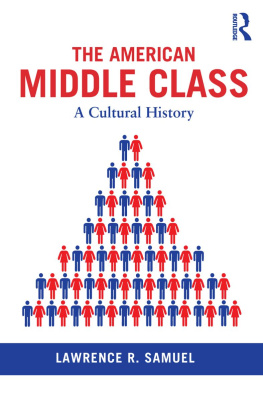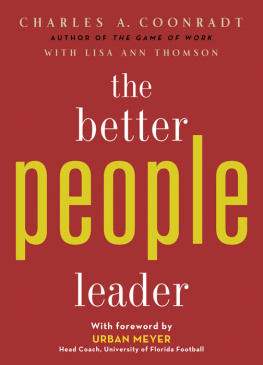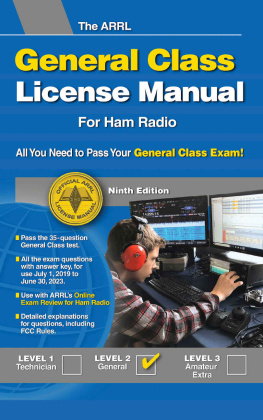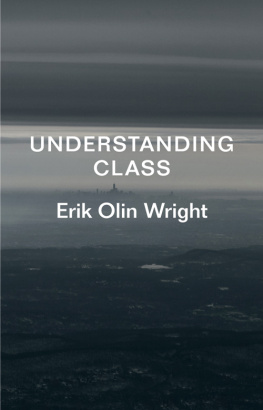Denise L. Stringer
HOW IS IT WITH YOUR SOUL? CLASS LEADER'S MANUAL FOR USE WITH THIS DAY
Copyright2004 by Abingdon Press
All rights reserved.
No part of this work may be reproduced or transmitted in any form or by any means, electronic or mechanical, including photocopying and recording, or by any information storage or retrieval system, except as may be expressly permitted by the 1976 Copyright Act or in writing from the publisher. Requests for permission can be addressed to Abingdon Press, P.O. Box 801, 201 Eighth Avenue South, Nashville, TN 37202-0801, or e-mailed to permissions@abingdonpress.com.
This book is printed on acid-free paper.
ISBN 0-687-06697-2
All Scripture quotations unless noted otherwise are taken from the New Revised Standard Version of the Bible, copyright 1989, by the Division of Christian Education of the National Council of the Churches of Christ in the United States of America. Used by permission. All rights reserved.
Scripture quotations marked RSV are taken from the Revised Standard Version of the Bible, copyright 1946, 1952, 1971 by the Division of Christian Education of the National Council of the Churches of Christ in the United States of America. Used by permission. All rights reserved.
The first prayer on page 54 is from A Service of Word and Table I 1972, 1980, 1985, 1989 The United Methodist Publishing House. Used by permission.
Prayer on page 56 is from United Methodist Book of Worship 1992 by United Methodist Publishing House. Used by permission.
04 05 06 07 08 09 10 11 12 1310 9 8 7 6 5 4 3 2 1
MANUFACTURED IN THE UNITED STATES OF AMERICA
F oreword
H ow is it with your soul? There is no more important and no more central question for Christians. Our relationship to God is always the first question and the first priority as we seek to fashion a faithful discipleship. Denise Stringer begins where our Wesleyan heritage begins, with God and the individual's relationship with God. From there she skillfully translates into twenty-first century language and structure the heart of the Wesleyan movement's organization and practice.
Denise Stringer is a biblical scholar, writer, and pastor who understands that the future of the church has always depended upon faithful lay leaders. Laypersons assume leadership roles in the church and practice their discipleship in faithful ways in every setting into which their lives take them. In this Class Leader's manual, she offers a solid theological foundation and a step-by-step process to form, conduct, and sustain an effective small group movement in the congregationa movement that will result in the formation of men and women in the image of Christ.
This movement is for and by laity. While there are clear pastoral duties involved, the bulk of this ministry is in the hands of laypersons in the congregation. The formation of Christian disciples has always been the work of the Holy Spirit, but creating the setting and nurturing the birthing of the new person in Christ has often been the work of laity. Clergy have their part, but if there is to be a restoration of the vitality and missionary thrust of Methodism, it must be carried out by laypersons. This is true in order to reach large numbers of people and it is also true because of the commission given to every Christian at baptism. The commission to winsome and faithful witness and mission comes to all, but only the well equipped will be prepared to fulfill their calling.
How Is It With Your Soul? is rooted in Scripture and tradition and yet is written in language and images that appeal to the twenty-first century disciple of Jesus Christ, language and images that laity understand and can readily translate into daily living. However, this resource is not prepared for those who wish simply to gloss over the demands of the gospel or give up the rewards of faithfulness. It is designed to lead the user toward a way of life that is enriching and sustainable for a lifetime.
The goal of this resource is to prepare every faith community to reach out to meet people where they are, relate them to God, nurture them in faith, care for them as whole persons, and equip them for effective ministries beyond the walls of the church. In other words, it is about the formation of disciples into the image of God in Christ and sending them into the world as faithful disciples. And it all begins with God. How is it with your soul?
Rueben P. Job
Introduction
"Looking to Jesus the pioneer and perfecter of our faith."
Hebrews 12:2a
F rom the beginning, the Methodist movement has sought to lead people beyond nominal Christianity into a vital relationship with God (Romans 3:22). The practice of faithfulness in the Wesleyan tradition focuses on the knowledge of God in Christ Jesus, seeking the mind of Christ, or "the renewal of the soul after the image of God, in righteousness and true holiness" ("Thoughts Upon Methodism," John Wesley, Arminian Magazine, 1787, found in Selections from the Writings of the Rev. John Wesley, M.A., p. 205). John and Charles Wesley, the founders of Methodism, believed that personal conversion, when properly nurtured within the Class Meeting, would lead to lifelong Christian discipleship and the spread of scriptural holiness across the land. How Is It With Your Soul? has been designed to equip clergy and laity to renew the original vision and methodology of the Wesleyan movement for the twenty-first century.
This manual for Class Leaders is intended for use in conjunction with This Day: A Wesleyan Way of Prayer, primarily within the adult education program of the local church. These resources, when employed as foundational components of the local church's discipleship system, will support spiritual formation over the life span of the class. A revival of the Class Meeting system, accompanied by daily prayer and reading of Scripture, will help to fill the gap that has been created by the historic division between the Church of England and American Methodism, as well as address the widespread decline in spiritual vitality within the Methodist movement. The material has been developed with a clear focus on the contemporary ministry setting, as well as with a strong desire to base current practice on the original Wesleyan methodology. The best of the many sciences that can inform and strengthen the mission of the Church in the postmodern world have been accessed in this effort to support twentyfirst century Class Leaders in providing lay pastoral oversight for the people called Methodists.
The way of life to which the followers of Jesus believe themselves called may best be described by using Jesus' own words: the losing of one's life to find it (Mark 8:35) or taking up the cross daily (Luke 14:27). This way is neither the ascetic's practice of self-denial nor a heavy burden of rules or religious practices (Matthew 11:30; Galatians 5:1). It is nothing more and nothing less than a love for God that engages the whole person and every aspect of one's relationships with others.
John Wesley, the founder of Methodism, described the way of life he sought for his fellow Methodists when he wrote:
A Methodist is one who has "the love of God shed abroad in his heart by the Holy Ghost given unto him;" one who "loves the Lord his God with all his heart, and with all his soul, and with all his mind, and with all his strength." God is the joy of his heart, and the desire of his soul; which is constantly crying out, "Whom have I in heaven but thee? And there is none upon earth that I desire beside thee! My God and my all! Thou art the strength of my heart, and my portion for ever!" (John Wesley, "The Character of a Methodist," in










